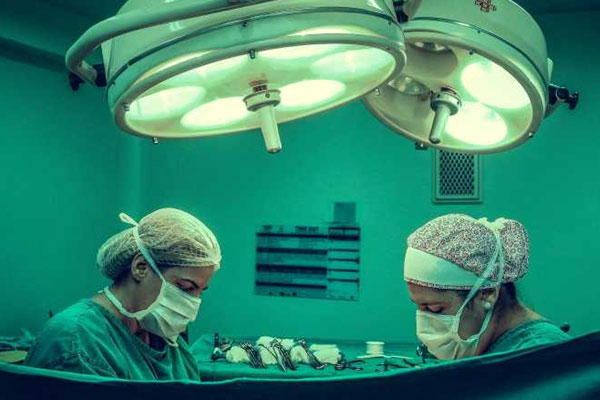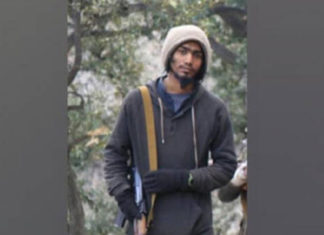The experts from the University of Birmingham have linked up with medical professionals in India to set up an innovative research center that will help improve care for surgical patients.
To launch the first-ever surgical research hub in India at Christian Medical College and Hospital (CMC) at Ludhiana in Punjab and deliver a training workshop, a team from the university’s joint research team, involving the UK’s National Institute for Health Research Global Health Research Unit on Global Surgery (NIHR), travelled to Punjab.
“Each year, 4.2 million people die within 30 days of operation, half of these deaths occurring in low- and middle-income countries such as India. Surgical Site Infection (SSI) is the most common surgical complication and this workshop represents an important step forward in reducing SSI in India and other countries,” said NIHR’s Clinical Research Fellow Dr. Dmitri Nepogodiev.
“SSI can have a catastrophic impact on patients in India, driving many people into poverty as they struggle to work and pay healthcare bills. Reducing SSI has huge benefits as patients suffer less and save money, whilst being able to return to work or school faster,” he said.
As part of the global initiative, patients would also need fewer and shorter courses of antibiotics, helping to reduce global antimicrobial resistance as well as for hospitals reducing costs by discharging patients earlier and preventing re-admissions.
Hub Lead Dr. Dhru Ghosh (CMC Ludhiana) said: “There is a critical need to improve surgical infrastructure across India and beyond in order to improve patient care and reduce the devastating impact of a lack of surgical care.
“We are delighted to link with our partners at the University of Birmingham in this latest stage of a global health research initiative that has the potential to save many thousands of lives in India.”
Among the first studies to be launched by the joint India-UK team is a surgical trial to look at interventions to reduce the impact of post-surgical infection. The team will also evaluate access to healthcare for patients requiring surgery.
A two-day training workshop marked a key stage in establishing the independent and sustainable research hubs and trial center – part of a major health research programme to help develop surgical research that will have the potential to improve the quality of surgery.
Launched with partners from low and middle-income countries and the Universities of Edinburgh and Warwick, the Global Health Research Unit aims to establish hubs and/or trial centers in India and other partner countries that will perform their own clinical research relevant to local populations, whilst serving global needs.
The unit is based at the University of Birmingham and co-directed by Professor Dion Morton, Barling Chair of Surgery at the University’s Institute of Cancer and Genomic Sciences, and Professor Peter Brocklehurst, Director of the Birmingham Clinical Trials Unit.
Partners in the unit have also formed a Policy and Implementation Consortium to work with professional associations, NGOs and government organizations across the world, including the World Health Organization (WHO). This consortium will use the results from the research generated by the unit as a tool to inform changes in clinical practice and provide evidence to drive policy changes across the globe.
The NIHR, established by the UK government’s Department of Health, had awarded 7 million pounds to the Birmingham, Edinburgh, and Warwick universities to establish the NIHR Global Health Research Unit on Global Surgery at the University of Birmingham a few years ago.
The NIHR Global Health Research Unit on Global Surgery until March 2021 will set up sustainable international research hubs across a range of low- and middle-income countries, including India.
By Sowmya Sangam













































